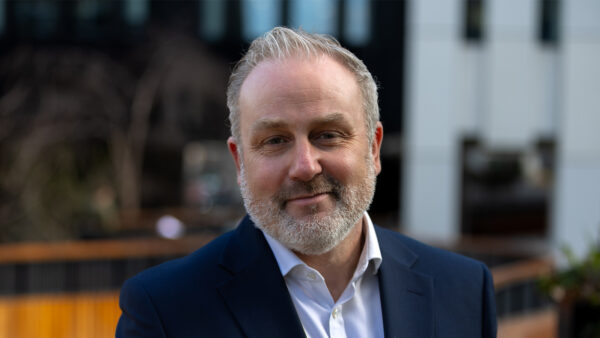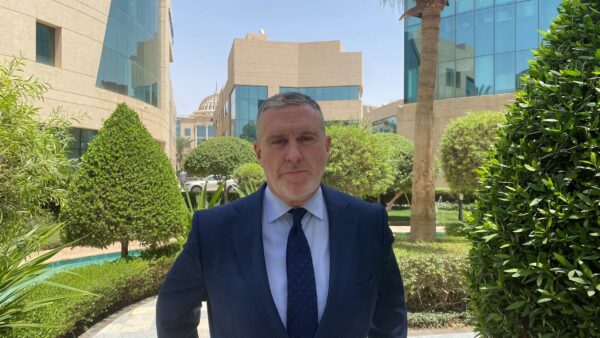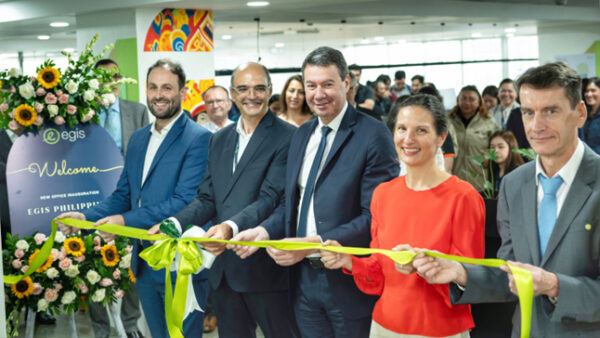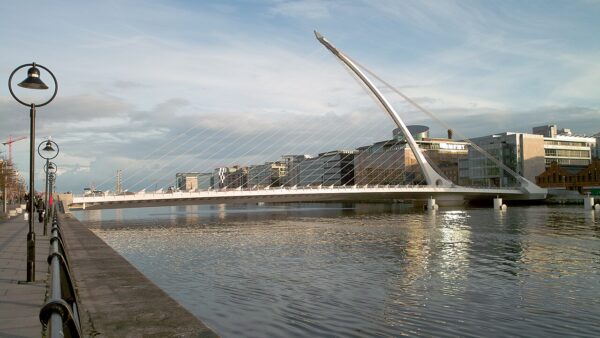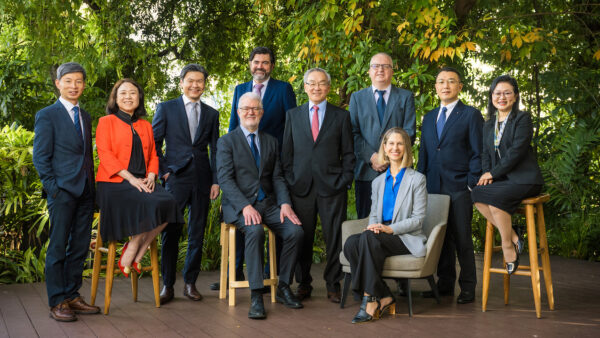UK-headquartered construction consultancy Turner & Townsend has defied challenging global market conditions to increase its turnover by 8% to a record £409m ($536m) in the year ended 30 April 2016.
Employing nearly 4,300 staff across 97 offices worldwide, the firm has now notched up six consecutive years of revenue growth. Its profit after tax of £30m has almost tripled in five years, it announced today.
Success comes in spite of the slowing of China’s economic growth, and the slump in oil and commodity prices, which has stifled activity in key markets around the world.
In an interview with GCR Turner & Townsend’s chief executive Vincent Clancy said the company was “cautious” about the effect of the UK’s recent vote to leave the European Union, particularly in terms of the free movement of people.
He also attributed the firm’s success in part to the switch to a partner-owned structure in 2015, which incentivised senior staff to care for the whole company.
Sailing through
In the Middle East Turner & Townsend sailed through last year’s plunge in oil prices and grew total revenue by 24%.
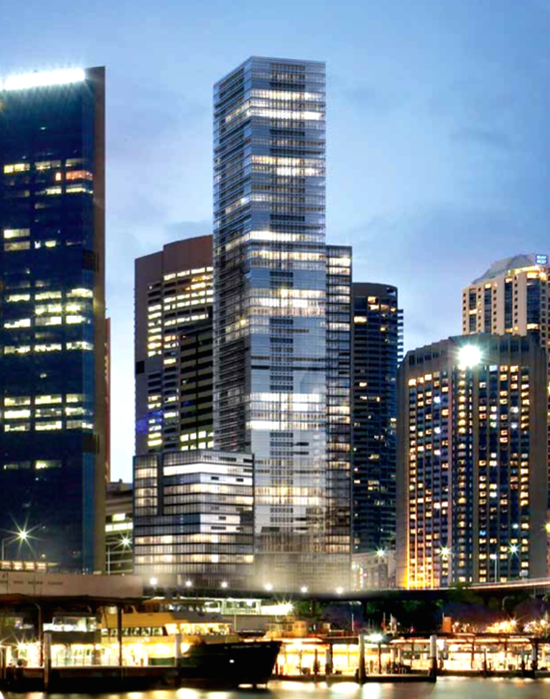
In July this year China’s Dalian Wanda Group appointed Turner & Townsend Thinc as project manager for its AUD1 billion redevelopment of the Gold Fields House site at Sydney’s Circular Quay (Dalian Wanda Group)
Australia and New Zealand also shone for Turner & Townsend. There, annual revenue rose by 24% as well.
In Europe revenue was up 9% and by 14% in the UK and Ireland, where turnover reached a record £180m. Revenue also grew in Africa and Latin America.
Taking a sector view, the company recorded strong growth in global real estate revenue (up 15% to £196m) and infrastructure (up 16% to £123m). This, the company said, “more than offset the impact on revenue from challenging conditions seen in the natural resources sector”.
A series of high-profile project wins underpinned this success, including commissions to support the delivery of world-class airports in Houston and Dallas, the UK’s High Speed 2 rail line and Australia’s largest-ever hotel and residential complex, The Jewel. Â
On the back of revenue growth, the consultancy boosted staff numbers by 4%, with increases in Auckland, Cambridge, Fort Worth, Istanbul, Mexico City, Miami, Nairobi and Orlando.
No crystal ball
Chief executive Vincent Clancy said the company is keeping a watchful eye on Europe following the referendum on “Brexit”.
“We’re looking to see what the short-term impacts of the Brexit [vote] might be, and obviously we are cautious about the impact that might have on demand in the short-term, but like everyone else we don’t have a crystal ball, we can’t really see how the medium to long term is going to play out,” he told GCR.
Clancy said a key risk is the impact on freedom of movement. “Because obviously our people work right across Europe, day to day they’re on planes to Amsterdam, to Germany and vice versa, so obviously, our current business model, whilst we’ve got indigenous businesses right across Europe, a lot of our people do operate pan-European, so it will impact us. How, we’re not sure at this stage.”
We’re looking to see what the short-term impacts of the Brexit [vote] might be but like everyone else we don’t have a crystal ball, we can’t really see how the medium to long term is going to play out– Vincent Clancy, Turner & Townsend’s chief executive
Clancy said 2015-16 was a “fantastic year” in the Middle East, despite pressure on national budgets caused by the slump in oil prices. Clancy said the company focussed on providing project and programme management services for big infrastructure projects in the region, which have tended to survive the investment crunch.
One of Turner & Townsend’s Gulf region projects is the ambitious Jeddah Metro, Saudi Arabia (render above). It was commissioned by Foster + Partners to provide pre-contract cost and commercial services.
The company’s Gulf revenues have also been buoyed by working with large real estate developers like Emaar, and with global blue chip firms like Unilever, which are still investing in the Gulf region.
Careful in emerging markets
Regarding the emerging markets of India and Africa, Clancy said Turner & Townsend was taking a cautious, long-term approach. “We’ve got exposure to a lot of emerging markets,” he said, “and one of the things we’ve learned over time is that you need to build capability gradually, you need to localise, build local talent pools and understand culturally how to succeed and monetise that. It just takes time. To build a long-term sustainable business we need to do it in a slow and careful and considered way.”
In Africa the company has been in South Africa for years and more recently has made inroads into east Africa, opening an office in Kenya this year. But conditions there remain difficult due to the ongoing slump in the prices of oil, minerals and other commodities, upon which many African economies rely.
Owned by all
Clancy attributes much of the recent success to its switch to a partnership structure in October last year, which puts the company’s ownership in the hands of 85 partners around the world, around a third of whom are in the UK. Uniquely, partners get a share of the profits of the whole group, as opposed to just the profits of the country they’re in, which motivates partners to take a global view, Clancy said.
“A lot of our success is built around servicing global clients, so it allows us to make sure that we seamlessly service those global clients,” he said.
The offer of partnership also attracts the industry’s best talent, and incentivises long-term strategic thinking, he added.
Asked which international markets look most promising, Clancy singled out North America in the immediate future, and Asia further down the road, given the current challenges posed by the slowing down of China’s economic growth and the commodities price slump, which affects raw materials exporters like Indonesia, Malaysia and Thailand.
Top image: One of Turner & Townsend’s Gulf region projects is the ambitious Jeddah Metro, Saudi Arabia. It was commissioned by Foster + Partners to provide pre-contract cost and commercial services (Foster + Partners)





